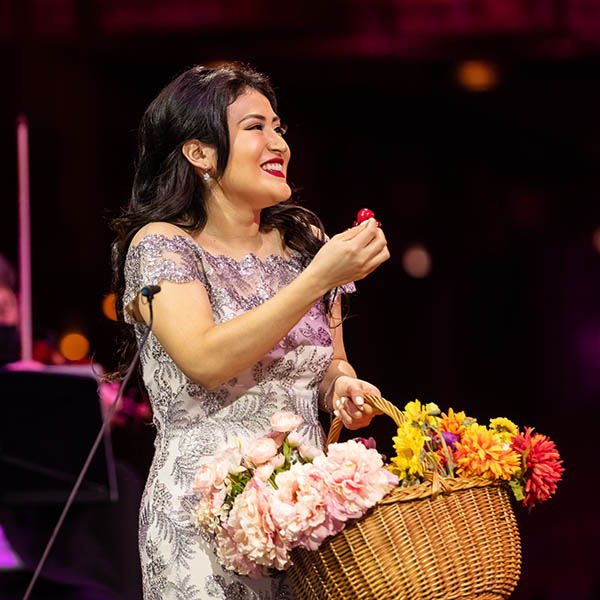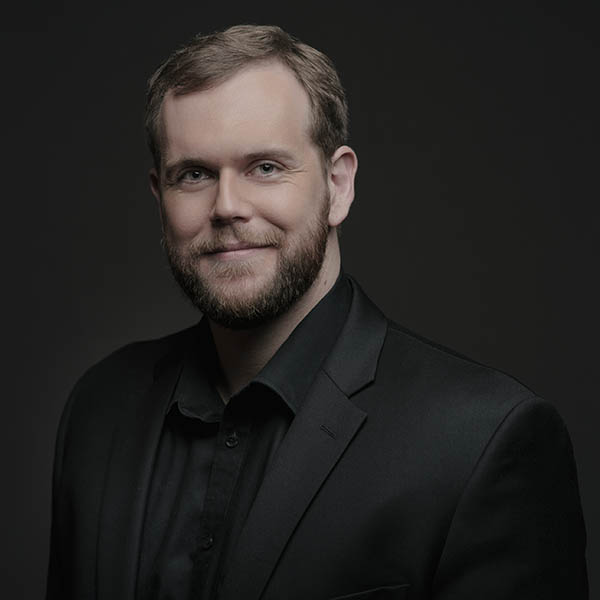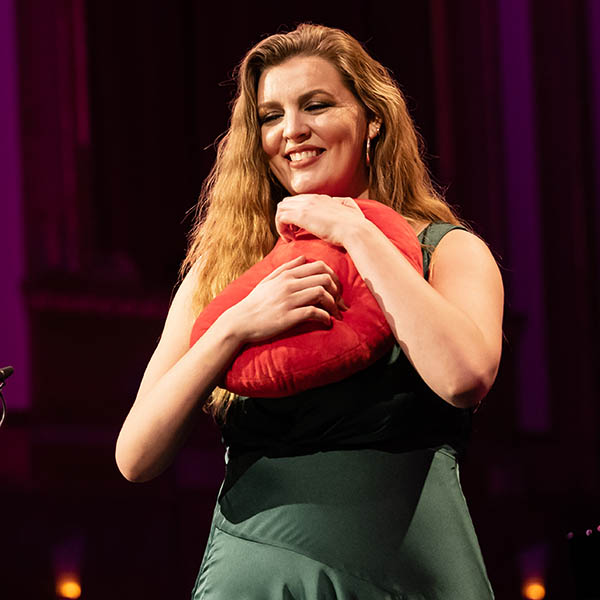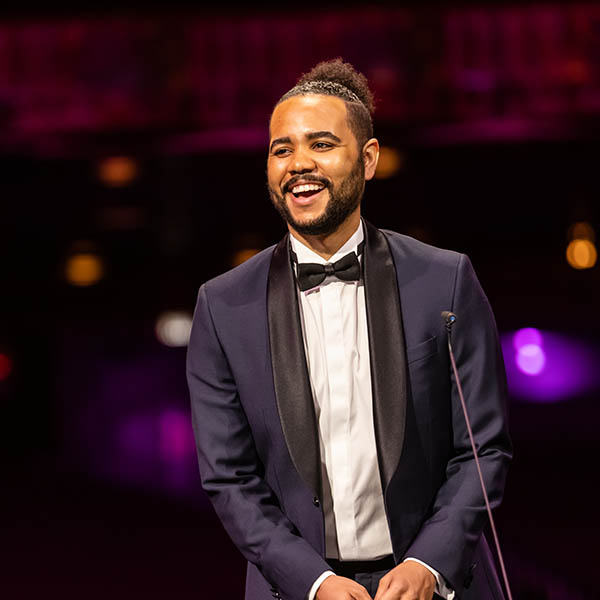

Donate now
Donate now
The Rising Stars in Concert performance is just one example of how Lyric Opera of Chicago is expanding the definition of what opera means in today's world.
Through a timely and diverse array of programming coupled with our industry-leading artist training program, Lyric Opera of Chicago aims to expand the space for classical music in the 21st century. A space that's more inclusive to artists and audiences alike. Sharing the majesty of opera with all who seek to find it. This collaborative vision will deliver ever more exciting, thought-provoking, and inclusive audience and community experiences.
As a nonprofit organization, Lyric needs your help to bring this vision to fruition. Your gift will support our artists as we navigate through difficult times and help ensure that Lyric can provide opportunities to showcase their immense talent. At the same time, your gift will help make opera more accessible to a broader audience.
Thank you for your generous support of our vision for Lyric.



